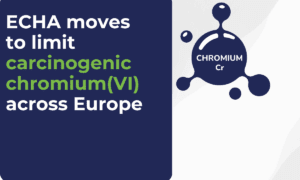Moungi Bawendi is a French-born scientist, Louis Brus was born in the United States, while Alexei Ekimov is originally from the USSR. However, they all worked in the United States at the point of receiving the award, at the Massachusetts Institute of Technology (MIT), Columbia University, and Nanocrystals Technology Inc., New York respectively.
Their discovery of quantum dots was done independently, at the same time by Brus and Ekimov, while Bawendi revolutionised the chemical production. According the Swedish Academy of Sciences’ Press Release, the awardees’ groundbreaking work was crucial for the development of nanotechnology. The quantum dots the trio successfully created are so small that their properties are determined by quantum phenomena. This discovery – the scientific background of which can be read here – is used in versatile ways, ranging from medical utilisation (guide surgeons when they remove tumour tissue) to entertainment (such as LED TV-s and lamps).
Alongside the chemistry laureates, the Nobel prize in Physics was awarded for the creation extremely short pulses of light to Pierre Agostini from France (working at Ohio University), Ferenc Krausz, from Hungary (working at Max Planck Institut) and Anne L’Huillier from France (Working in Lund, Sweden), while the medicine prize was awarded for the development of effective mRNA vaccines to Katalin Kariko and Drew Weismann, the former born in Hungary, while the latter in the U.S. and today both working in U.S.



